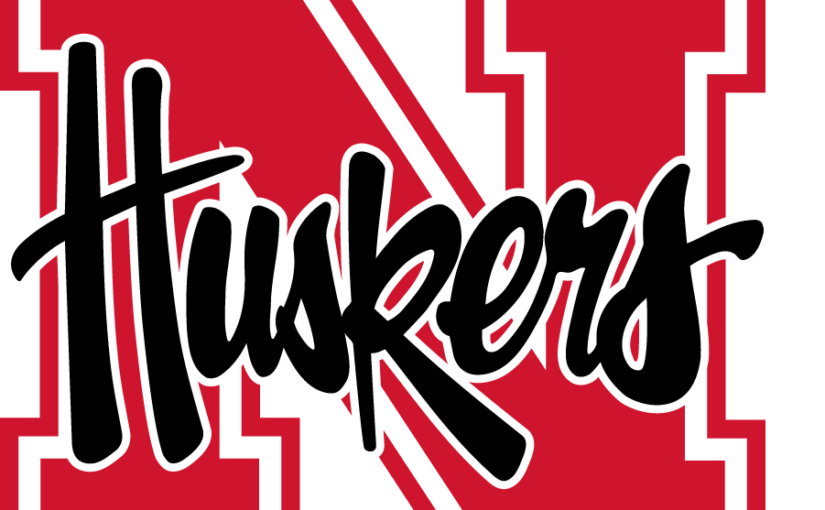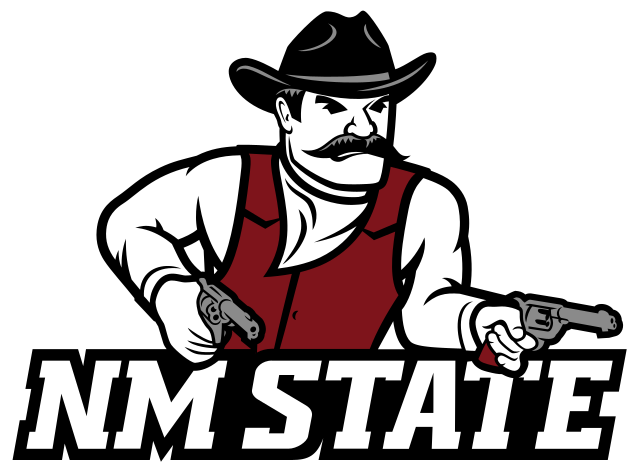The three most important qualities for athletic directors
When people ask me to specify the three most important qualities needed by an athletic director, I tend to respond off the top of my head, especially when I do not have the time to sort out all of the possibilities.
 To be successful and survive, an AD has to be organized. He or she must have their procedures in place and know where to find anything related to their position, such as the various rules and regulations, schedules, budget figures, and information on personnel.
To be successful and survive, an AD has to be organized. He or she must have their procedures in place and know where to find anything related to their position, such as the various rules and regulations, schedules, budget figures, and information on personnel.
Their second quality will have to be integrity. There will always be times when they will be called upon to enforce policies that are neither popular nor easy to do but are still the absolute right thing to do.
You cannot overstate the importance of giving your word and having everyone be able to count on it, no matter how difficult or painful it may be at the time.
Third essential: As an AD you have to be able to communicate well. You will be dealing with coaches, athletes, parents, administrators, teachers, and community members. They will all be different, have varying points of view, and need to understand the expectations of your program.
Effective communication means that you also have to listen to the questions and concerns of everyone connected to your program, and you will also have to make explanations, educate, do public speaking, and inform others via the written form.
Besides providing these three possibilities, it is essential for the AD to divide them into personal and perhaps managerial qualities. “Organizational communication” skills could arguably be listed under the “managerial” heading, while integrity might be better considered a “personal quality.”
Several other vital qualities could fall into either category. Considering the numerous responsibilities of the AD and the fixed amount of time contained in a day, the AD may also be required to be an expert in “time management.”
This involves setting priorities, listing what has to be accomplished daily, controlling interruptions, and using technology and delegation to become more effective.
The ability to think, analyze, and make well-founded decisions is obviously important. Patience, vision, fairness, perseverance, and dependability quickly come to mind. Also leadership-making the people around us better by providing motivational and a sense of direction.
The answers that an AD seeks in their search for excellence will probably depend a great deal upon their personality, experience, education, drive, and the setting in which they work.
Since there are obviously more than three qualities that must be possessed in order to expand, defend, and explain, courage becomes a necessity. The AD must be strong and courageous because regardless of his decisions, someone is going to wind up unhappy. You can’t possibly please everyone.
Whether this is one of several related abilities bunched together may be a matter of semantics, but it is important to recognize that a good AD must possess this trait.
The AD also requires a solid work ethic to succeed. Taking short cuts or doing the bare minimum simply won’t propel the athletic program forward. Your athletes and coaches deserve the very best that you can provide.
While it is difficult and taxing it is also essential to put in your maximum effort every day, not just occasionally.





